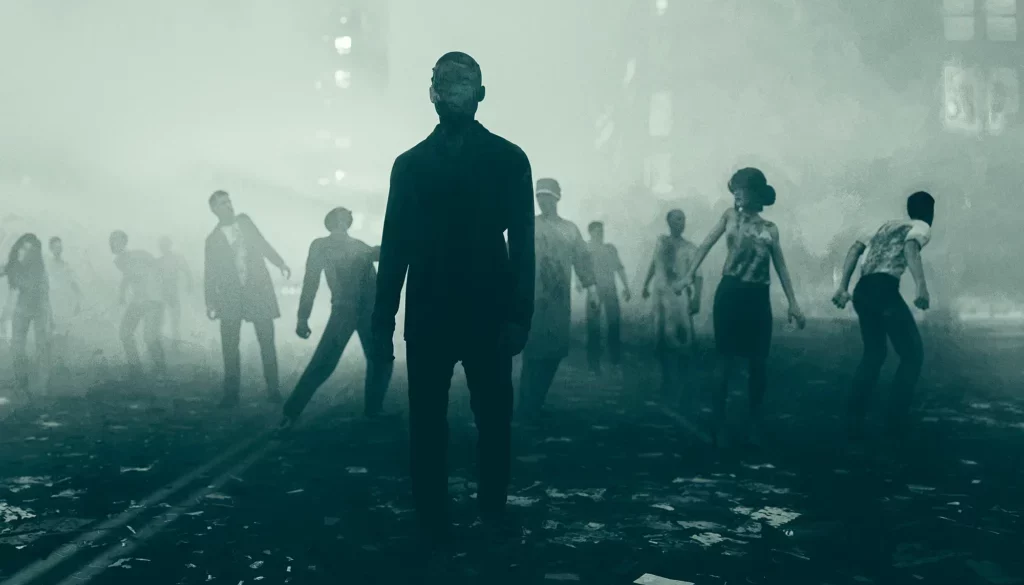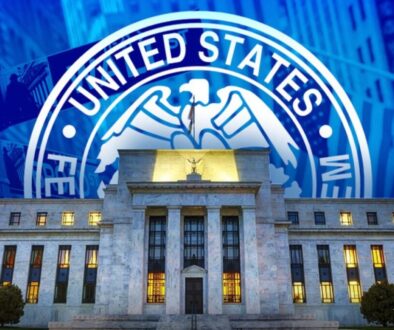A Real Zombie Apocolypse?
A zombie apocalypse, as portrayed in popular culture, would likely be caused by some sort of outbreak or virus that turns people into zombie.
A virus like the rabies virus, which already exists, may have undergone a mutation as one potential cause. Rabies is a fatal virus that spreads through saliva and is known to make those who have it act violently. It would be simple to spread and result in widespread infection if a strain of rabies were to mutate to the point where it could be transmitted through the air.
Another possible cause could be the emergence of a new virus that is specifically designed to create zombies. This could be the result of bioweapons research gone wrong, or it could be the work of a malicious individual or group.
A parasite, such as a protozoan, which invades the human brain and changes the animal’s behavior to make it more aggressive and less reasonable, is another possible cause. Toxoplasma gondii, a parasite that may infect rats and alter their behavior by making them less frightened of cats, is one illustration of this. A zombie apocalypse might occur if a parasite like that infected people.
Additionally, a zombies apocalypse could also be caused by a bacterial infection, such as the one caused by Necrotizing fasciitis, it is a fast-moving flesh-eating bacteria, which causes severe tissue damage, this could lead to zombie-like symptoms.
A zombies apocalypse could also be caused by a neurological disorder, such as Creutzfeldt-Jakob disease (CJD), it is a rare, degenerative, fatal brain disorder, it is caused by abnormal proteins called prions. These prions cause nerve cells in the brain to die, leading to a loss of brain function. Symptoms of CJD include aggressive behavior, which could be mistaken for zombie-like symptoms.
And finally, a number of circumstances might combine to bring forth a zombie apocalypse. For instance, a parasite may propagate a virus that makes people aggressive and enhances the infection’s effects. In addition, the virus’s effects could be strengthened by a bacterium that induces tissue death, leading to even more severe symptoms resembling zombies.
Overall, a zombie apocalypse is a hypothetical scenario that could be caused by a number of different factors, including viruses, parasites, bacteria, and neurological disorders. Each of these factors alone could cause severe problems, but combined they could lead to an outbreak of zombies on a massive scale.
The COVID-19 pandemic has provided some insights into how a real-life zombie apocalypse may unfold. The way the virus spread and affected people’s behavior are similar to the way a zombie outbreak would progress.
One of the most significant lessons from the epidemic is the importance of early discovery and prompt action. After the virus was first identified in Wuhan, China, the World Health Organization (WHO) took some time to proclaim a pandemic. By the time the virus was detected, it had already spread to neighboring countries, making containment considerably more difficult. This highlights the need for rapid and decisive action in the case of a further breakout.
Another important lesson learned is the importance of international cooperation in dealing with a global threat. The virus quickly spread to every corner of the globe and it became clear that no country could deal with it alone. The way different countries responded and cooperated with each other was a big influence on how the pandemic played out, with some countries having greater success than others.
The pandemic also brought to light the necessity for health systems to be prepared and their susceptibility. Many nations were unprepared for a pandemic of this magnitude and were forced to race for supplies like hospital beds, ventilators, and personal protective equipment. This made combating the virus considerably more difficult and contributed to more fatalities. This shows how important it is to have a functioning healthcare system that is capable of handling pandemics and other emergencies.
The COVID-19 pandemic also highlighted the effects of false information and false information. The spread of false information during the pandemic, including conspiracy theories and false news, has made it more difficult to fight the infection. Due to the difficulty in getting correct information out to the public, there was misunderstanding, mistrust, and to some extent, a lack of cooperation. This demonstrates how crucial proper information is during an outbreak and how harmful disinformation can be.



